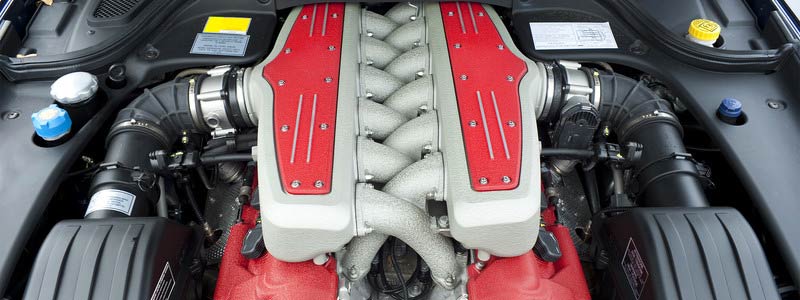TECH TIPS

Automotive Tech Tips
Today’s cars, light trucks, and sport-utility vehicles are high-tech marvels with digital dashboards, oxygen sensors, electronic computers, unibody construction, and much more. They can run better, longer, and more efficiently than models of years past. But when it comes to repairs, some things stay the same. The following automotive tech tips should help you along the way.
Click topic bars below to display automotive tech tips:
All these fluids should be changed periodically. It is best to perform a flush rather than just drain and fill because flushing replaces 100% of the fluid. A simple test will indicate when these fluids are due for changing. Ask your Schulz Garage technician for assistance. Click here for more information about fluid tips.
Cold weather increases the strain on the battery. A good battery will accept and hold a charge. A bad battery won’t. Moving from the battery to the alternator, you should know the alternator is designed to maintain battery charge, not to recharge a dead battery. Overloading the charging system with a dead or significantly low battery can actually cause your alternator to fail from being overworked. The object of preventative maintenance is to identify and correct potential problems before they occur. Don’t wait until it’s the middle of a cold Southern Oregon winter to get caught in the cold!
Belts, hoses, thermostats and clamps should be inspected for damage and wear as well as functionality. Checking belts and hoses, and replacing worn or damaged parts will keep you on the road and out of the shop. Prevent costly repairs down the road with regular vehicle maintenance. We only replace something that when it is needed, you can count on us and depend on honest service.
We recommend replacing your fuel filter every 60,000 miles or sooner. A clogged filter will cause the fuel pump to overheat and possibly fail. Remember that fuel in your gas tank cools the fuel pump, so it’s a good idea to keep the fuel level above ¼ tank, especially in summer.
Winter Tips
Cold temperatures test your vehicle’s performance and make maintenance even more critical. All your vehicles fluids should be inspected before the cold weather sets in. This includes brake fluid, power steering fluid, transmission fluid, windshield washer solvent and antifreeze. At Keith Schulz Garage Diagnostic Center, all these fluids are inspected routinely when you bring your vehicle in for an oil service.
Summer Tips
Hot weather in the summer causes fluids to evaporate and break down causing the fluid to lose its lubrication properties. Heat also causes hoses, seals, gaskets and other connections to leak. It’s a good idea to have the coolant flushed with the proper coolant based on manufacturer’s recommendation (refer to your owner’s manual). It is recommended that your coolant be flushed every two years (unless using an extended-life coolant in many newer vehicles). Fall is an ideal time to have your car’s coolant flushed and replaced. Switching to a synthetic oil will help your vehicle operate more efficiently and will also make it easier to start in extremely cold weather.
Change oil and filter at 3,000 miles if using regular mineral base oil or 5,000-8,000 miles if using synthetic oil. If you mainly do short trips, mineral base oil will tend to gel and form sludge if it isn’t changed on time. Sludge is like plaque in arteries. It clogs the oil passages and can cause an engine to die. Make it a habit to change your oil on a regularly scheduled basis.
Replace the timing belt when due (60,000-105,000 miles depending on make and year) refer to your vehicle manual for details on your particular model. A broken timing belt will usually result in extensive engine damage and repair, so be sure to bring your vehicle in if you suspect any problems.
Rotating your tires is important, it helps the tires to wear evenly. Rotate tires every other oil change (6,000-10,000 miles). This is especially important on all wheel drive vehicles because it is usually necessary to replace all 4 tires even if only two are worn out.
Wiper blades really only last about a year. Wear and tear in the winter, and hot summer conditions are hard on your windshield wiper blades. It’s a good idea to replace your wipes blades each year, especially before winter storms and driving conditions. You never want to get in a situation and have your windshield wipers impair your safe driving. Be sure to keep plenty of wiper fluid in your car, and consider keeping an extra bottle in your truck so that you are never without.
Need it Fixed? Call Us Today!
We Fix All Domestics & Imports
- Mon – Fri: 8:00 AM – 6:00 PM
- (541) 414-2035
